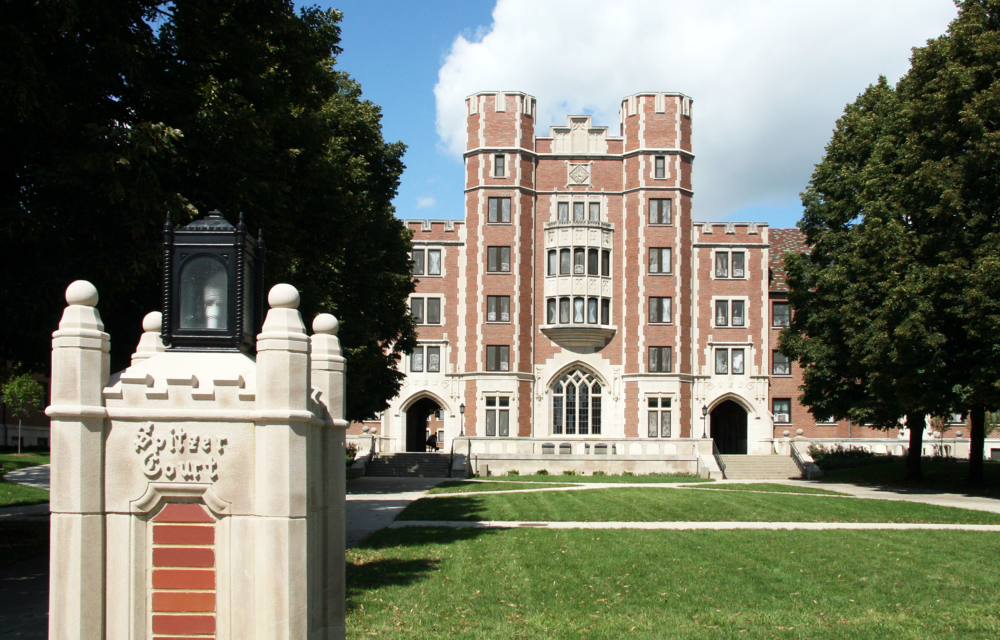Purdue University’s College of Agriculture and the Purdue Research Foundation have launched a $2 million innovation fund under a new initiative called the Ag-celerator program.
The fund is an effort to help plant sciences innovations that are coming out of Purdue and are focused on advancing crop traits and generating higher yields to launch as startup businesses.
“At Purdue we want to advance plant sciences and move our technologies to the market. The fund will provide very early seed-stage opportunities for plant sciences related companies,” Gregory Deason, Purdue Foundry & Research Park’s senior vice president, told AgFunderNews. “Funding in the early stages is critical to proving technology concepts and gaining initial market penetration. This fund will help companies build initial momentum that will put them in a better position to gain customers, development partners and additional investment.”
The fund also aims to offer critical startup support for Purdue innovators who wish to commercialize patented intellectual property or Purdue “know-how” technologies in plant sciences. Possible areas of research include crop optimization, hybrid and seed development and precision agriculture.
Startups are evaluated for the strength of their market potential, operational viability and leadership team. A committee comprised of Purdue College of Agriculture Leadership, Office of Technology Commercialization Leadership and the Purdue Foundry will make selections for the program.
Once a Purdue innovator is accepted into the Ag-celerator program, they and their startup leadership team can receive assistance from the Purdue Foundry, a startup hub in the Burton D. Morgan Center for Entrepreneurship on Purdue’s West Lafayette campus. At the hub, they will work on developing the marketability of their product or service, and will gain access to additional funding, educational programs and networking events.
They will also complete a startup program called the LaunchBox and will work closely with entrepreneurs-in-residence at the Purdue Foundry as they develop an executive summary, pitch deck and business plan. The program will also fund these entrepreneurs-in-residence (EIRs), and the first to take advantage of this are Daryl Starr, who will begin work immediately; and Kay Kuenker will join in early 2016.
“The EIRs will play a critical role in advising and helping the innovators form a ‘go to market strategy’ and execute that strategy,” Deason said.
The Ag-celerator fund will award up to $100k per startup — likely in convertible debt — on a competitive basis.
“Purdue University is passionate about moving life-changing technology to the market. In the plant sciences this is closely linked to world food quality and quantity,” said Deason. “With a large and growing population in the world, plant sciences can improve the lives of people all over the world through improved nutrition, food availability and creating high-value jobs in the new companies that emerge.”
For more information contact John Hanak, Purdue Foundry director of venture capital and funding resource, at [email protected].
Have news or tips? Email [email protected]





